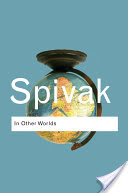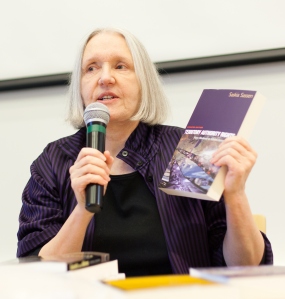Join Emily, John, and B as they celebrate a reunion: John’s brief return to New York in this exciting episode on Eve Kosofsky Sedgwick’s critiques of paranoid reading, her theories of affect, and the move toward the reparative. More specifically, upon a listener request from Sug, we read her “Paranoid and Reparative Reading” and “Melanie Klein the the Difference Affect Makes.” In response, we ask many questions: Is social and critical theory always already situated as a form of paranoid reading? Is our favorite of favorite methods, of genealogy, necessarily paranoid in its form and origins? And how do we get from theorizing to the ground, to the reparative forms of relationality that may function to heal in the midst of crisis? All these, as well as B’s mysterious return to Heideggerianism, will be eagerly, and for the latter shockingly, explored. Everyone’s favorite Tumblr Friend from Canada has some great questions about graduate school applications. And our dreams segment will have you on the fence, or will it cook your goose? Find out.
Remember to support us on Patreon to help offset/reimburse the cost of our fancy new microphone, which we have named Lacan. Requests for texts for us to discuss? Dreams for us to interpret? Advice questions for us to answer? Email us at alwaysalreadypodcast AT gmail DOT com. Subscribe on iTunes. Follow us on Twitter. Like our Facebook page. RSS feed here. Thanks to Leah Dion and to B for the music. Get the mp3 here.
Links!
- Get the book
- Link to the chapter itself, University of Sydney
- Read more about Sedgwick
- Review of Touching Feeling and Sedgwick’s work
- SEP’s entry on emotion and theory
- More on Melanie Klein’s Theories of Affect and Psychoanalysis









